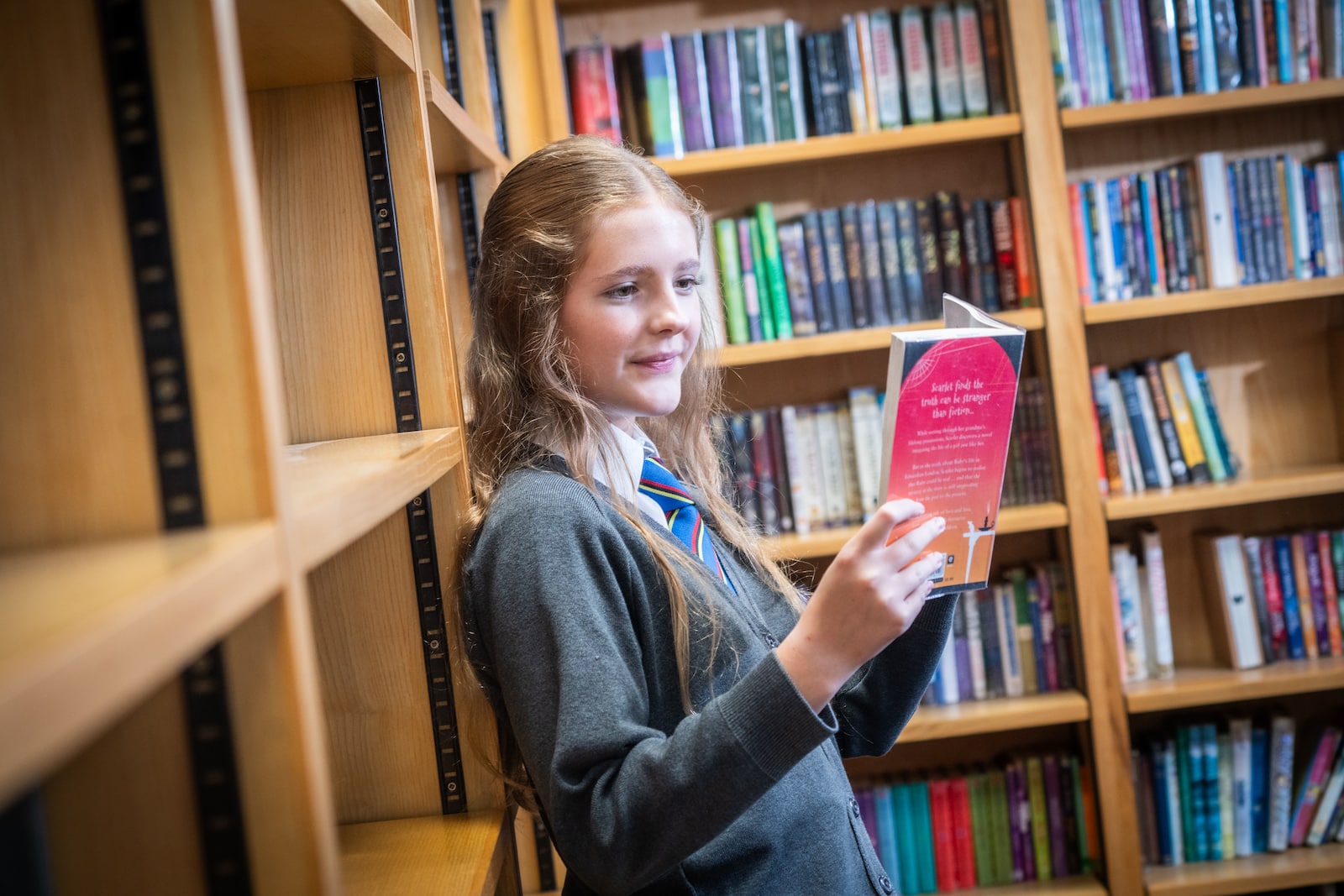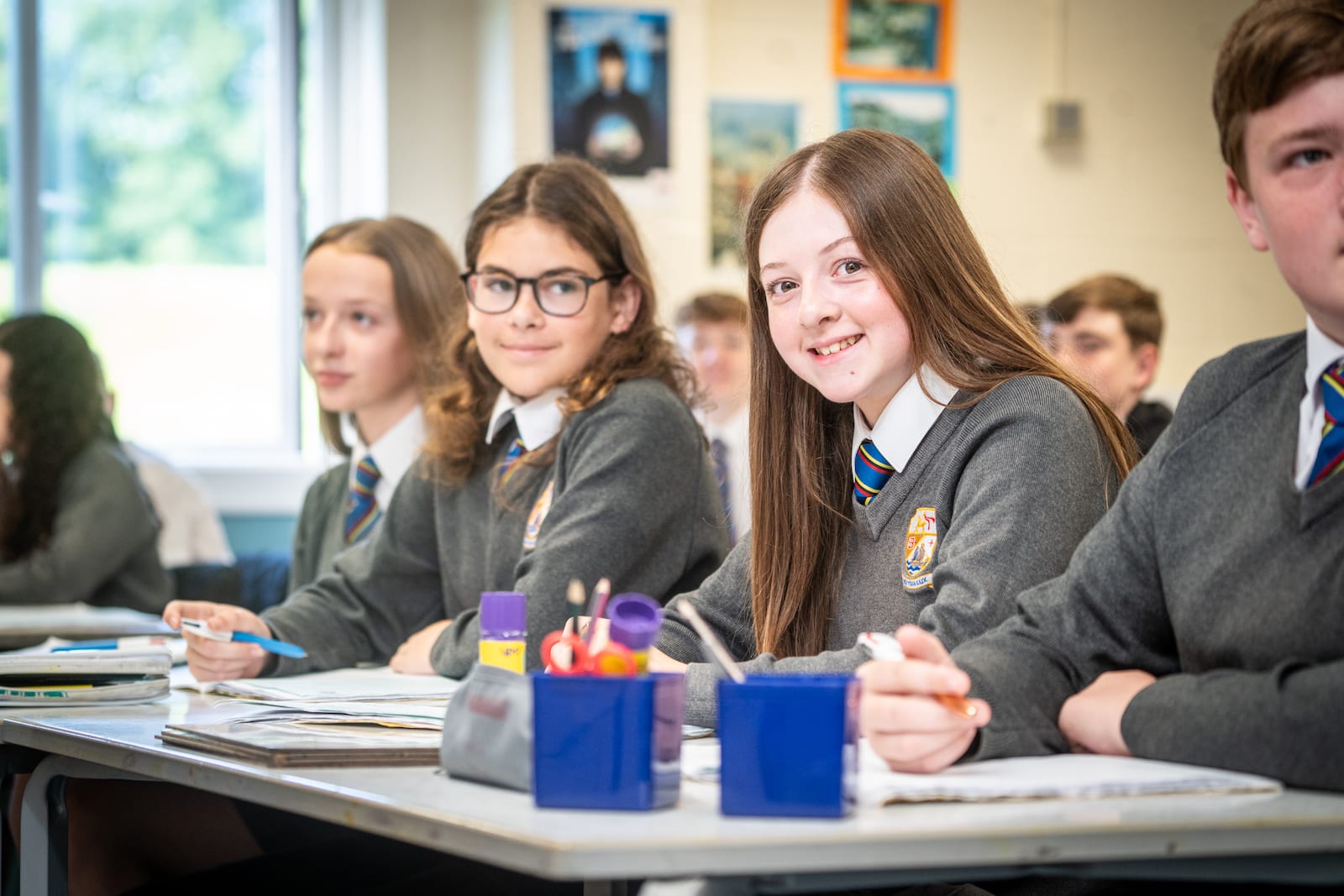We believe that Geography is a vital subject that enables young people to develop important life skills and learn about the fascinating world around them. We aim to develop a passion for geography in our young people and provide students with the means to think about the world in new ways – ‘thinking like a geographer.’
We aim to provide students with the geographical knowledge and skills they need to understand modern challenges facing our planet and to live their lives as knowledgeable, global citizens, who can question and debate this knowledge. Through enjoyment of the subject, they will be encouraged to aim for the highest standards in all that they do.
Geography at Key Stage 3 contributes to a broad and balanced curriculum which meets the needs of all students. We aim to give students the opportunity to study a wide range of topics throughout Key Stage 3 in the hope of fostering a passion and interest for geography and the world around them. Alongside this, students will develop a range of transferable skills that can be used in other areas of the curriculum.
Year 7
In Year 7 pupils begin their learning journey at St Bede’s by studying the topic ‘Geographical Skills.’ This topic aims to build on the geographic skills that our Year 7 pupils have acquired in primary school: including OS map skills and atlas skills. These are skills that are integral to the study of geography at both KS3 & KS4.
Our pupils next go on to study a topic on the United Kingdom. This topic involves exploring the physical and human geography of the UK and includes a fieldwork trip to our local town centre in Ormskirk. Our pupils then move on to study the topic ‘Flooding’ where they look at causes, impacts and responses to floods in the UK, before finally going more global in scale and studying a topic on the continent of Africa. As part of this topic our pupils study a region known as the Horn of Africa.
Year 8
Our Year 8 pupils study a broad range of topics that aim to build on the knowledge and skills that they have developed in Year 7.
Our first topic is ‘Coasts.’ As part of this topic our pupils study a range of physical processes taking place along our coastlines and the formation of different landforms due to these processes, before moving on to look at how our coastlines can be protected from erosion and flooding.
In our second topic pupils go more global in scale and study ‘Global Fashion’ where they look at globalisation and the positive and negative issues that this has created.
Our third topic is ‘Asia’ where pupils focus on the physical and human geography of the growing economic powerhouses of China and India. Our final topic of Year 8 is ’Impossible Places’ where pupils will study a range of places that should be impossible to exist such as the cities of Las Vegas and Dubai.
Year 9
Building on the knowledge and skills that our pupils have acquired in Year 7 and 8, our Year 9 pupils begin their learning journey for the final chapter of KS3 geography by studying a topic named ‘Climate Change and sustainability.’ As part of this topic our students study evidence for climate change over time, the natural and human causes, impacts and responses. They conclude this topic by visiting Southport to collect data for their fieldwork project on sustainability.
Pupils next move on to study the topic ‘Volcanic Activity’ where they study tectonic plate boundaries, the causes and impacts of volcanic activity and the responses taken to this hazard. In our third topic pupils move onto study changing populations and urban areas as part of the topic ‘Population and Urbanisation.’ Their final topic of KS3 is where they explore the human and physical geography of Russia and the middle East in the topic ‘Russia and the Middle East.’
Assessments
At KS3 our pupils complete 2 assessments per topic – a key term test and a written or skills-based assessment. Pupils also complete a summative assessment twice yearly.
As pupils move from KS3 to KS4 Geography we aim to build on the knowledge and skills that they have acquired so far. Our GCSE students study the AQA Specification. This course includes elements of human, physical and environmental Geography. In addition, we also cover a range of geographical skills, including map and graph work.
This course takes a linear approach, meaning that 100% of the total GCSE grade is achieved through 3 separate 90 minute examinations at the end of Year 11.
Course Requirements
Paper 1: Living with the physical environment (natural hazards, living world, physical landscapes in the UK).
Paper 2: Challenges in the human environment (urban issues and challenges, economic world, resource management).
Paper 3: Geographical applications and skills (issue evaluation and fieldwork).
The full exam specification can be found at:
https://www.aqa.org.uk/subjects/geography/gcse/geography-8035/specification-at-a-glance
This specification (8035) recognises the vital role geography has in the 21st century curriculum enabling our students to appreciate the complexity of our world and the diversity of its environments, economies and cultures.
Year 10
| TOPIC ORDER | NAME OF TOPIC | EXAM PAPER |
| TOPIC 1 | RESOURCE MANAGEMENT | PAPER 1 |
| TOPIC 2 | LIVING WORLD | PAPER 2 |
| TOPIC 3 | URBAN ISSUES & CHALLENGES | PAPER 1 |
| TOPIC 4 | NATURAL HAZARDS | PAPER 2 |
Year 11
| TOPIC ORDER | NAME OF TOPIC | EXAM PAPER |
| TOPIC 1 | PHYSICAL LANDCAPES IN THE UK (RIVERS) | PAPER 1 |
| TOPIC 2 | ECONOMIC WORLD | PAPER 2 |
| TOPIC 3 | PHYSICAL LANDCAPES IN THE UK (COASTAL LANDSCAPES) | PAPER 1 |
| PAPER 3 PREP – ISSUES EVALUATION & FIELDWORK | ||
| RECALL & REVISION FOR FINAL EXAMS | ||
Assessment
In most topics pupils will complete a minimum of 2 assessments – a key term test and a written assessment.
In the summer term of Year 10 they complete an end of year summative examination and in November of Year 11 a mock examination.
Geography is the study of the world around us. It encourages our pupils to think carefully about the needs of others and how to make the world a fairer and more equitable place for all. Dignity of the human person is represented in KS4 with issues surrounding squatter settlements and quality of life in Newly Emerging Economies and Low-Income Countries. The option for the poor and the vulnerable is also carefully examined in KS4 in relation to the development gap as well as urban deprivation and the cycle of poverty in the UK. The study of geography fosters a sense of awe and wonder about the world we live in. Our curriculum allows pupils to enquire, question, analyse and debate the world around them; thinking as global citizens, who understand the complexities and demands of the ever-changing modern world. Care for Creation is seen in all aspects of KS3 and KS4 Geography. Environmental issues run throughout all year groups and are central to the geography curriculum. The study of geography empowers our pupils with the ability to be stewards for our Earth and the desire to care for it for future generations.
As a department our aim is to bring the subject to life for our students. We try to do this through offering a wide range of trips. In Year 7 our students’ complete fieldwork for their UK topic in Ormskirk town centre, in Year 9 they complete fieldwork on sustainability in Southport and at GCSE our students currently complete fieldwork at Liverpool One and the River Wyre.


